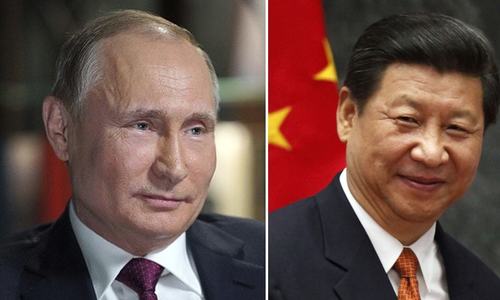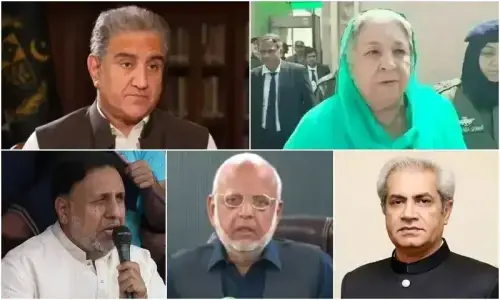WASHINGTON: The World Bank announced on Wednesday that it was suspending aid to Afghanistan following the Taliban’s takeover of the country earlier this month.
The World Bank has committed more than $5.3 billion for development projects in Afghanistan. The bank-administered Afghanistan Reconstruction Trust Fund also has raised more than $12.9 billion for the country.
“We are deeply concerned about the situation in Afghanistan and the impact on the country’s development prospects, especially for women,” a World Bank spokesperson said in a statement.
Last week, the International Monetary Fund (IMF), which is a member of the World Bank Group, blocked the Taliban from accessing financial resources. The IMF’s action followed a similar decision by the Biden administration to freeze about $9.5 billion of the Afghan government’s reserves in US banks.
On Wednesday, Republican Congressman Andy Barr, a ranking member of the House Financial Services subcommittee on national security, introduced a bill aimed at blocking the Taliban from accessing the IMF.
The Washington-based World Bank Group is demanding clarity regarding the future government in Kabul before making its funding available again.
“We have paused disbursements in our operations in Afghanistan and we are closely monitoring and assessing the situation in line with our internal policies and procedures. As we do so, we will continue to consult closely with the international community and development partners,” the World Bank said on Wednesday.
“Together with our partners we are exploring ways we can remain engaged to preserve hard-won development gains and continue to support the people of Afghanistan.”
The Taliban faced little resistance in capturing Kabul early last week. Their swift advances and military maneuvers undid the Afghan government and forced President Ashraf Ghani to flee the country.
But the militants are finding it difficult to get international recognition for their regime as major world powers are still trying to understand the changes in Kabul.
The Biden administration has already indicated that it’s in no haste to recognise the Taliban as the new rulers in Kabul and at a video conference on Tuesday US allies like Britain and France also expressed similar hesitation. Media reports claimed that they even urged the Biden administration not to resume economic assistance to Afghanistan yet.
The World Bank’s announcement deals another blow to an Afghan economy that relies heavily on foreign aid and is facing the specter of rising food prices. “Afghanistan’s biggest economic challenge is finding sustainable sources of growth,” the bank said in a post on its site. “Afghanistan’s economy is shaped by fragility and aid dependence.” The World Bank pointed out that even before the Taliban takeover, Afghanistan’s economy suffered from “insecurity, political instability, weak institutions, inadequate infrastructure, widespread corruption, and a difficult business environment.”
Afghanistan was ranked 173rd of 190 countries in the 2020 Doing Business Survey. According to the World Bank, grants continue to finance around 75 percent of public spending. Security expenditures are high, recorded at around 28 percent of GDP in 2019, compared to the low-income country average of around three percent of GDP.
While announcing its decision to block Afghanistan’s access to its resources, the IMF said its actions were “guided by the views of the international community” and there was “a lack of clarity within the international community regarding recognition of a government in Afghanistan.” Therefore, the IMF was compelled to deny the country “access to its Special Drawing Rights or other IMF resources.”
Published in Dawn, August 26th, 2021




































